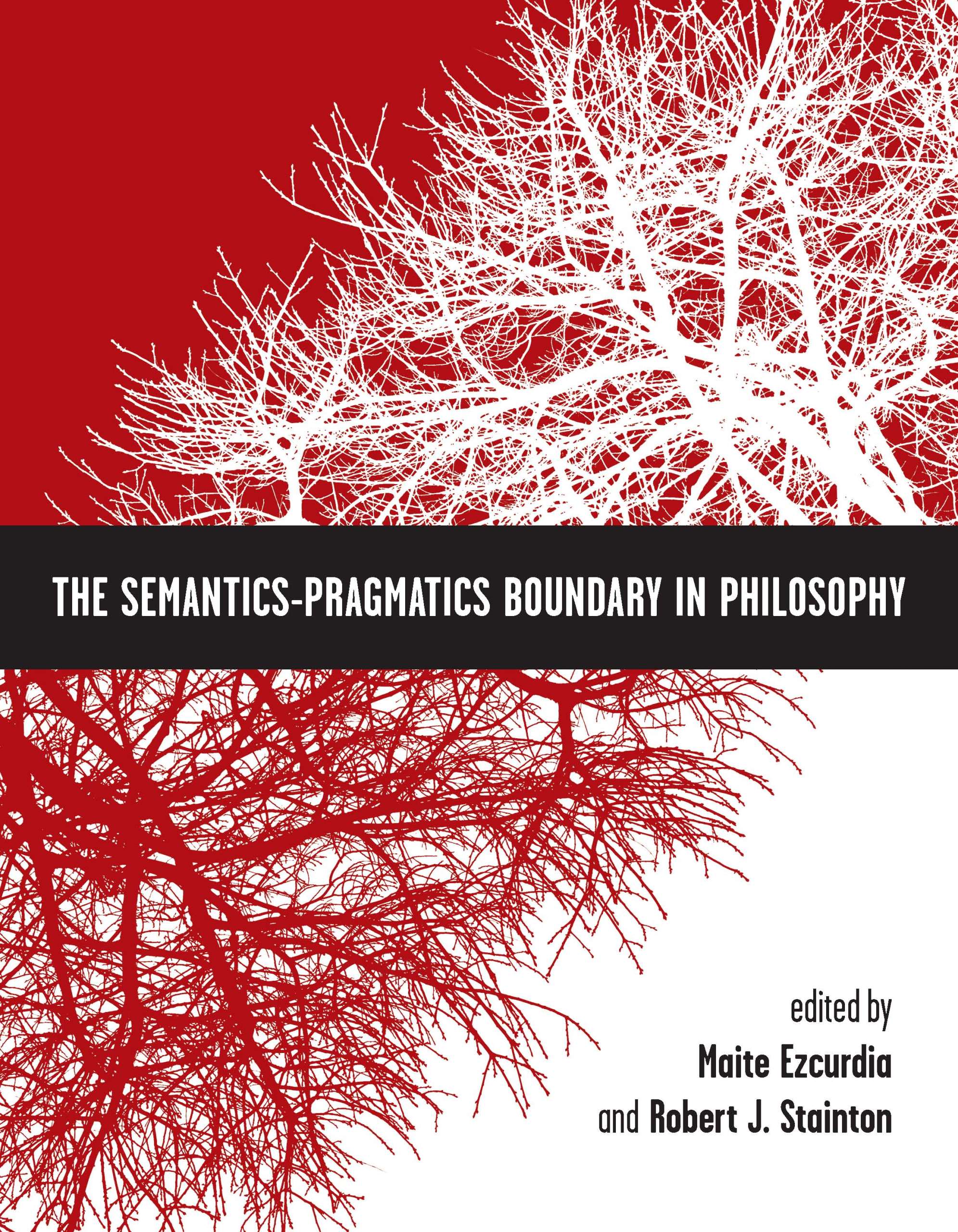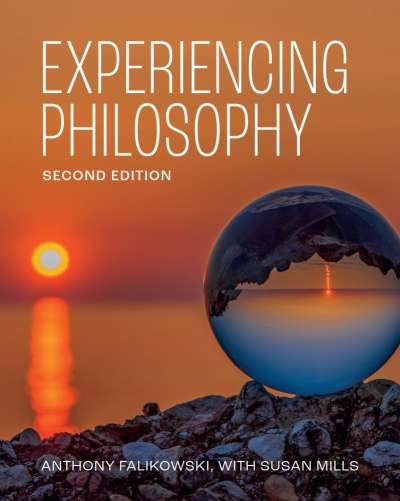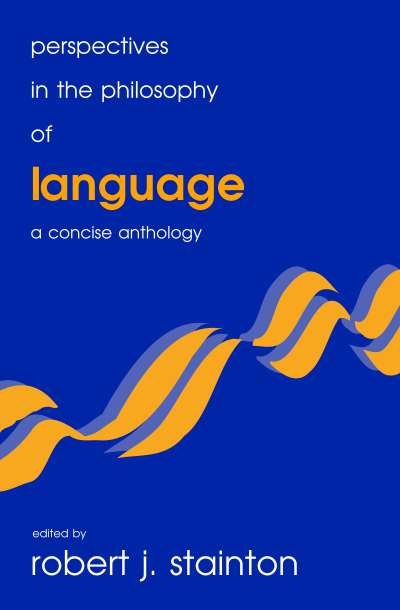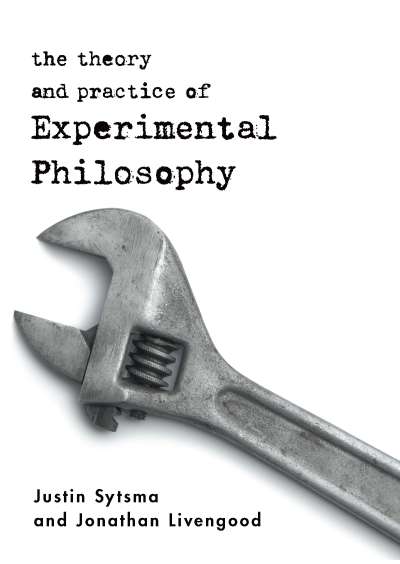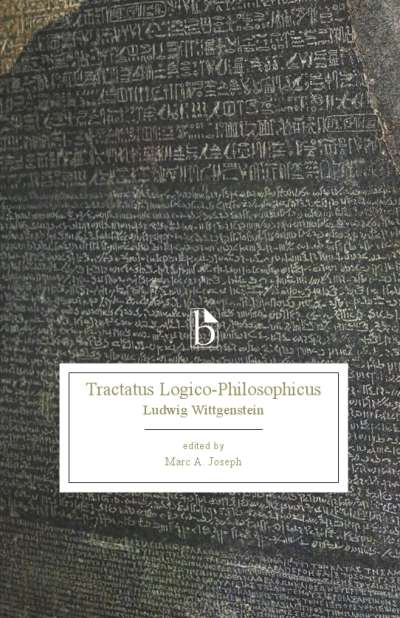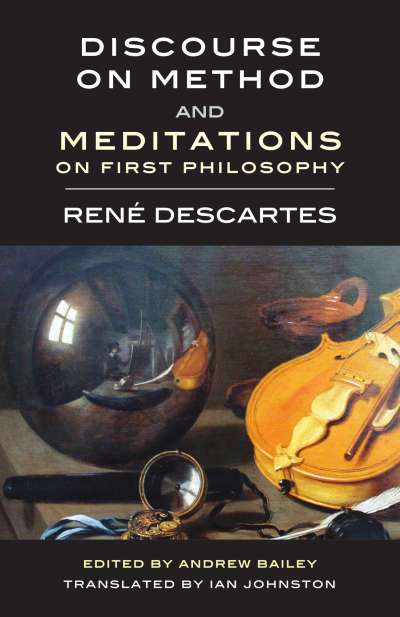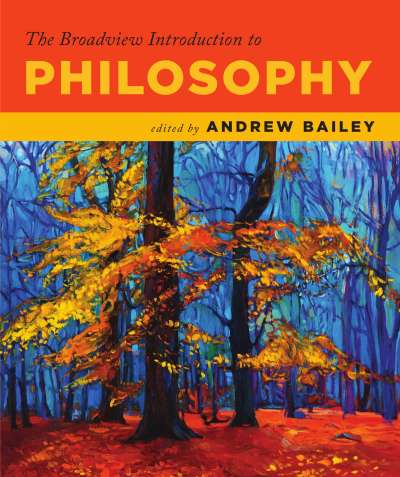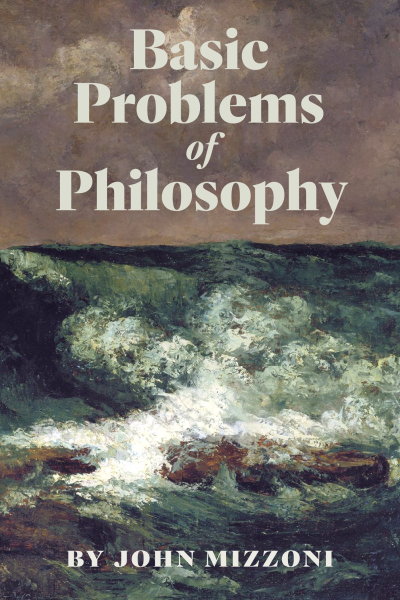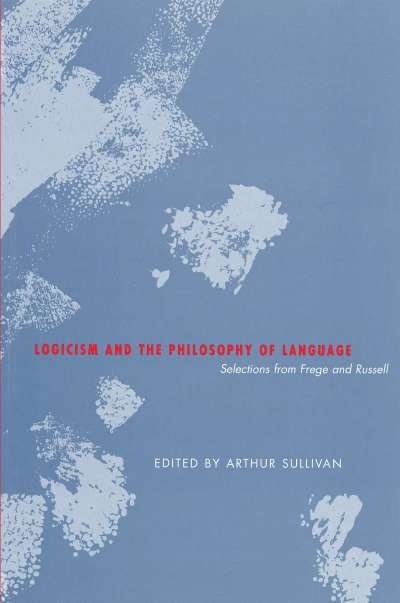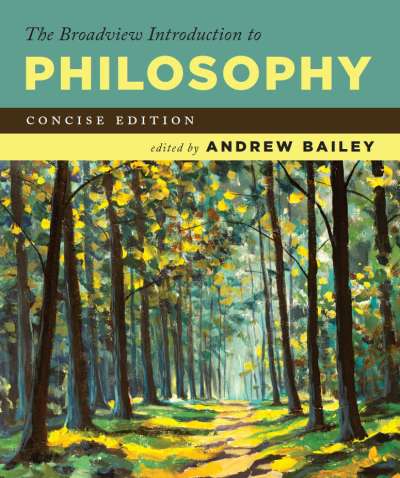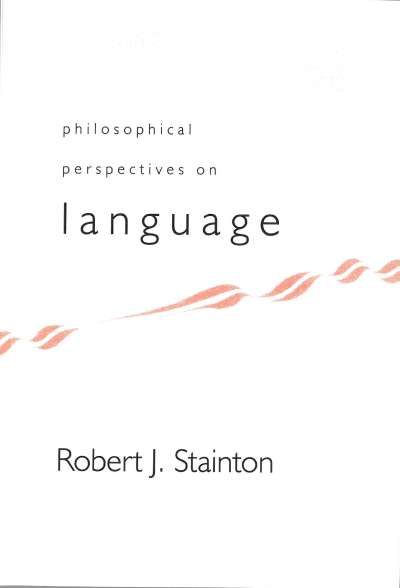The boundary between semantics and pragmatics has been important since the early twentieth century, but in the last twenty-five years it has become the central issue in the philosophy of language. This anthology collects classic philosophical papers on the topic, along with recent key contributions. It stresses not only the nature of the boundary, but also its importance for philosophy generally.
Comments
“A highly useful collection containing many influential papers, including a number of classic pieces. It is a natural choice for survey courses in semantics and pragmatics.” — Scott Soames, Distinguished Professor; Director, USC School of Philosophy
“A wide-ranging collection of must-read articles on philosophical topics pertaining to, revolving around, or just straddling the line between semantics and pragmatics.” — Kent Bach, Professor Emeritus, San Francisco State University
“Ezcurdia and Stainton provide an elegant overview of the different ways to understand the distinction between semantics and pragmatics, and the main attempts to locate the boundary between them. They have selected the definitive papers that bring into focus the significance of finding this boundary, and its implications for the study of metaphor, for the relation between thought and language, and for contemporary discussions of contextualism and relativism. This anthology is an ideal text for any course in philosophy, linguistics, or cognitive science that is aimed at introducing undergraduate or graduate students to the potential scope and limits of systematic semantic theorizing.” — Susanna Siegel, Edgar Pierce Professor of Philosophy, Harvard University
Preface
Acknowledgements
Introduction
Part I: Canonical Foundations
- Peter F. Strawson, “On Referring” (1950)
- J.L. Austin, “Performative Utterances” (1956)
- Keith S. Donnellan, “Reference and Definite Descriptions” (1966)
- H. Paul Grice, “Logic and Conversation” (1967/1975)
- Saul Kripke, “Speaker’s Reference and Semantic Reference” (1977)
- David Kaplan, “Demonstratives” and “Afterthoughts” (1977/1989)
- Robert C. Stalnaker, “Assertion” (1978)
- David Lewis, “Scorekeeping in a Language Game” (1979)
- John Perry, “Thought without Representation” (1986)
- Dan Sperber and Deirdre Wilson, “Précis of Relevance: Communication and Cognition” (1987)
Part II: Pragmatic Determinants of What Is Said
- John R. Searle, “Literal Meaning” (1978)
- Robyn Carston, “Implicature, Explicature, and Truth-Theoretic Semantics” (1988)
- Kent Bach, “Conversational Impliciture” (1994)
- Jason Stanley, “Context and Logical Form” (2000)
- François Récanati, “Unarticulated Constituents” (2002)
- Reinaldo Elugardo and Robert J. Stainton, “Shorthand, Syntactic Ellipsis, and the Pragmatic Determinants of What Is Said” (2004)
- Herman Cappelen and Ernie Lepore, “A Tall Tale: In Defense of Semantic Minimalism and Speech Act Pluralism” (2004)
- Emma Borg, “Minimalism versus Contextualism in Semantics” (2007)
Part III: Case Studies
A. Metaphor
- Donald Davidson, “What Metaphors Mean” (1978)
- John R. Searle, “Metaphor” (1979)
- Catherine Wearing, “Metaphor and What Is Said” (2006)
B. Knowledge and Mind
- David Lewis, “Elusive Knowledge” (1996)
- Jennifer M. Saul, “Substitution and Simple Sentences” (1997)
- Max Kölbel, “Faultless Disagreement” (2003)
Sources
Maite Ezcurdia is Research Fellow at the Instituto de Investigaciones Filosóficas of the Universidad Nacional Autónoma de Mexico.
Robert J. Stainton is Distinguished University Professor in the Department of Philosophy at the University of Western Ontario.
This text is available in a package with Philosophical Perspectives on Language for $64.00. For more information, please contact Customer Service.

